1. Social Constructivist/Sociocultural
1.1. Vygotsky
1.1.1. zone of proximal development
1.1.2. importance of language as a tool for learning
1.2. learning as a social process - mediated through social interaction
1.3. learning communities
1.3.1. learning distributed across individual, tools and others
1.3.1.1. situated learning
1.3.2. both teachers and learners actively engaged in the process of learning
1.4. knowledge construction model
1.5. inquiry learning
1.6. Importance of talk and discussion .... The 'talk' needs to ....
1.6.1. scaffold children's learning
1.6.2. engage children in process of learning
1.6.3. talk should not be dominated by the teacher
1.6.4. avoid teacher > student > teacher closed discussions
1.6.5. be challenging and demanding of cognitive effort
1.6.6. involve critical analysis and discussion
1.6.7. involve or lead to collaboration
1.6.8. engage students in clarifying and justifying their ideas
1.7. feedback
1.7.1. needs to be focussed and specific - not merely praise
1.8. questioning
1.8.1. open questions
1.9. students need to be 'taught' how to engage in discussion that helps build understanding
1.10. Strengths
1.10.1. helps students develop life-long learning skills
1.10.2. students clarify their own thinking through discussion and justifying of their ideas
1.10.3. through collaboration knowledge develops further
1.10.4. use of forums can assist is getting the very shy students to contribute
1.10.5. collaborative skills spill over into other areas of life as well
1.10.6. working collaboratively involves clarification of ideas and development of critical thinking
1.11. Limitations
1.11.1. What about the students who are very shy and are uncomfortable working in groups
1.11.2. requires a change in approach for many teachers still ( this is more a challenge than a limitation)
1.11.3. may not be relevant to every teaching situation - teachers may need to guard against using this approach exclusively rather than selecting best approach for desired outcome.
2. Individual Cognitive Constructivist
2.1. Piaget
2.2. learners active involvement in the learning process
2.3. knowledge construction
2.4. learning strategies and metacognition
2.5. current knowledge/understanding impacts new knowledge/understanding
2.6. learning situated in how and where it is used
2.7. knowledge construction model
2.8. Strengths
2.8.1. recognises importance of individual thought processes
2.8.2. some students prefer working independently
2.8.3. led to educationalists moving away from the delivery mode
2.9. Limitations
2.9.1. fails to acknowledge the social nature of learning
